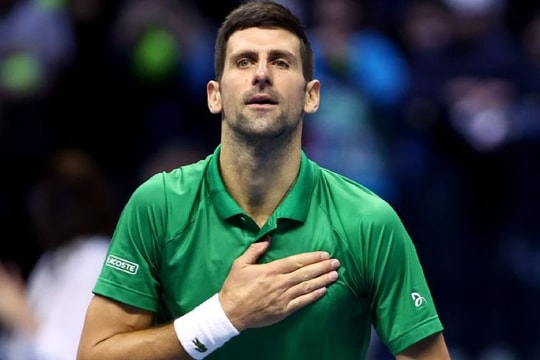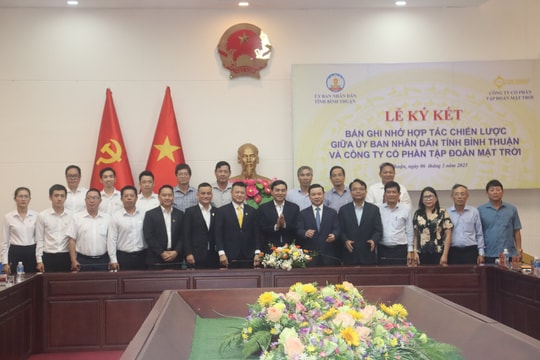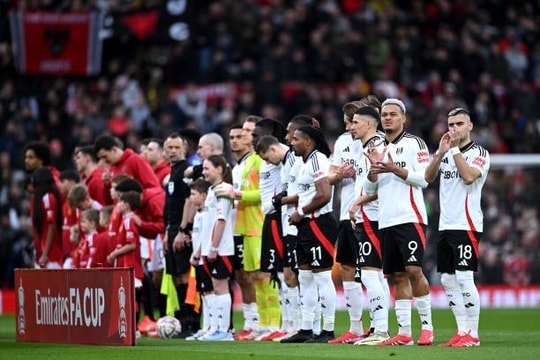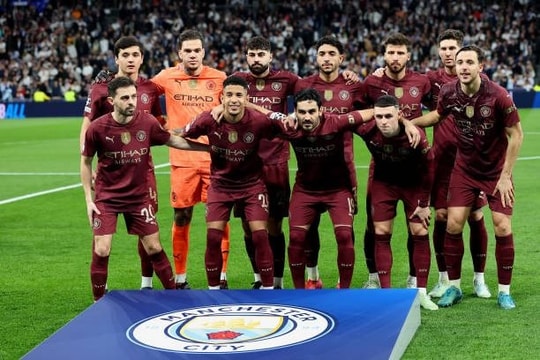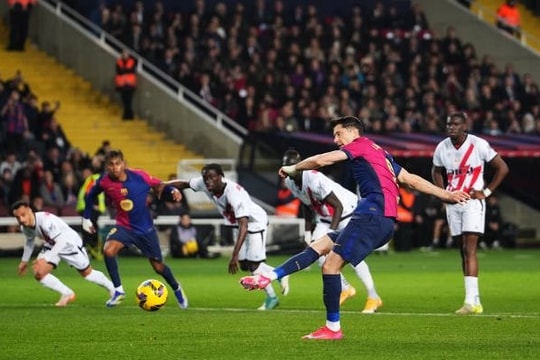President Ho Chi Minh, (in his birth-name Nguyen Sinh Cung) was born on May 19th 1890, in a patriotic family of Confucian scholar at Hoang Tru village, (also Known as Lang Chua), Chung Cu commune, Lam Thinh canton (also known as a district). The location is now known as Kim Lien commune, Nam Dan district, Nghe An province where is home to tradition of resilient revolution against the domination of the French feudal Colonialism. Ho Chi Minh’s parents are scholar Nguyen Sinh Sac and Ms. Hoang Thi Loan who had deeply impacted on him when he was young.
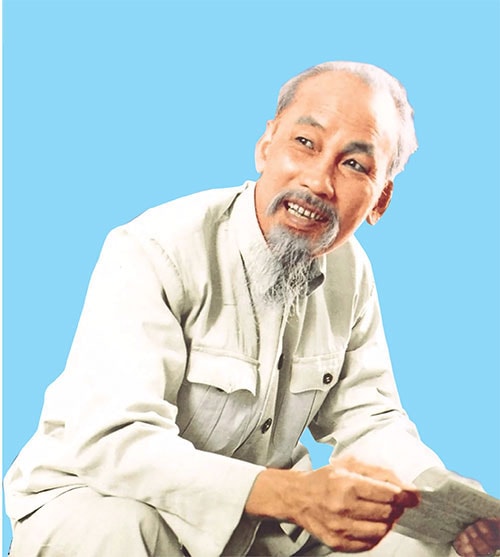 |
| President Ho Chi Minh |
Stemmed from profound patriotism and compassionate, plus his clear-headed politics, the young men Nguyen Sinh Cung began finding out the success and unsuccessful reasons of patriotic movements at that time. Hitherto, he determined to go out in search for a way to save the beloved country and people.
On June 5th, 1911, Nguyen Ai Quoc went overseas and started his revolutionary activities for the next 30 years in many countries such as: France and a lot of countries in Europe, Asia, Africa and the America. He had joined a number of movements evolved by the workers and people in the colonial countries while working to earn a living and learning revolutionary activities and doctrines.
Thanks to the 1917 success of Russian October revolution and the newly-borne Communist International, Ho Chi Minh had come up with Marxism-Leninism, which led him to the right ways to liberate the nation and class. I n 1919, he joined French Socialist Party and worked in the French worker movement. In June 1919, on behalf of the Association of Vietnamese Patriotic in France, He sent Claims of Annamite people to Versailles Conference (France), asking the French Government to realize Vietnamese people’s rights of freedom and equality.
At the 18th Congress of the French Socialist Party held in Tours City in December 1920, Ho Chi Minh voted for the foundation of the Communist International and joined the French Communist Party. The event marked a significant watershed in his revolutionary life, from true patriotism to communism.
In 1921, he joined the establishment of the Association of Colonial Ethnic Groups in view of propagandizing revolutions among the people of colonial countries. He wrote a lot of articles published on “Miserable People” (Nguoi cung kho), “Life of boatman”, etc. Especially, the writing of “The Judgment of the French colonial regime” had strongly condemned the colonialisme, flaring up the patriotisme from a lot of colonial people. All his works had been secretly transferred to Vietnam and circulated among the poeple from all works of life.
On June 30th, 1923, he went to Soviet Union and started a long-term period of working and studying about the Marxism - Leninism, the Socialist Regime in the hometown of great Lenin. At the 1st International Congress of Farmers (In October, 1923), he was elected to the International Farmer Presidency. In 1924, he attended the 5th Congress of Communist International and was appointed as Eastern officer of the Communist International, cum member of the Farmer's International Presidium. Nguyen Ai Quoc was assigned to monitor and give guidelines to Revolutionary movements in some Asian countries.
In 1925, he participated in the founding of the Association of oppressive Eastern Asian nations in Guangzhou (China). At the same time, he founded the Vietnam Youth Revolution Association, and published the Youth (Thanh Nien) newspaper to spread Marxism - Leninism in Vietnam, while opening a Cadres training course in preparation for the Vietnamese revolution.
On March 2nd, 1930, at Cuu Long (Hong Kong), he convened the Conference Unites Domestic Communist Organizations, and united the 3 Parties into the Communist Party of Vietnam (CPV). Since then, under the Party’s guidance, led by President Ho Chi Minh, Vietnamese people had strongly connected together and promoted the strength of the entire nation, making the glorious victory in the August Revolution of 1945, subverting the colonialism, feudalism and establishing the Democratic Republic of Vietnam - the first Government of the workers and peasants in Southeast Asia.
Included in the Declaration of Independence, on September 2, 1945, Ho Chi Minh President solemnly declared in front of all national people and the whole world that : “Vietnam has the right to enjoy freedom and independence. And in fact, it has become a free and independent country”.
After gaining the independence, the fledgling revolutionary government faced a number of extremely difficulties. President Ho Chi Minh and the entire Party had defined a judicious direction to overcome challenges whilst protecting and maintaining the Party and the revolutionary government.
During that difficult time, President Ho Chi Minh and the Party set up “the national resistance and tectonics policy”, led the people to promote patriotism to the maximum, defeated the invaded wars of the French colonist and the American Imperialist. All helped building and protecting the North of Vietnam, liberating the Southern region, unifying the country and completing the national revolutionary career, towards a republic socialist country.
During Ho Chi Minh’s revolutionary lifework, he did not only fight against the oppression, injustices, but he also brought the well-off and happy life to the Vietnamese people, and the whole mankind. He had devoted his lifetime for the sake of the nations, communist and international workers’ movements.
Among a series of his perpetual values, Ho Chi Minh’s thoughts covered many broad areas, focusing on morality, including: Patriotism; National Independence and Socialism; the building of a Socialist State really of the People, by the People, and for the People; the Great national Unity; revolutionary virtues such as: industriousness, thrift, honesty, righteousness, public-spiritedness and selflessness.
President Ho Chi Minh passed away on September 2nd, 1969, leaving boundless lament for the entire Party, Vietnamese people and peace-loving people around the world. President Ho Chi Minh’s great life and revolutionary career was a pure and lofty life of a great communists, an outstanding hero, an eminent international soldier who was nonstop fighting and dedicating his whole life for the nation, for the people, for the communist ideals, for the independence and freedom of oppressed people, for the peace and justice of the world.
With his great contributions to Vietnamese country and people, and the international communist movement, his name has been recorded in the world history as the pioneer for the national liberations of colonial countries in the 20th century. President Ho Chi Minh was honored as “a Vietnamese hero of National Liberation and a great man of World-honored Culture” by the general Assembly of the United Nations Educational, Scientific and Cultural Organization (UNESCO).
To mark 130th birthday anniversary of noble Uncle Ho, the Homeland of Vietnam and all Vietnamese people always keep his best memories in minds. His bright ethics and virtues reigns forever in our hearts. His lifework, achievements and moral examples have so far become immortal in humane hearts.
Translated by My Thien (Source: Binh Thuan Newspaper)


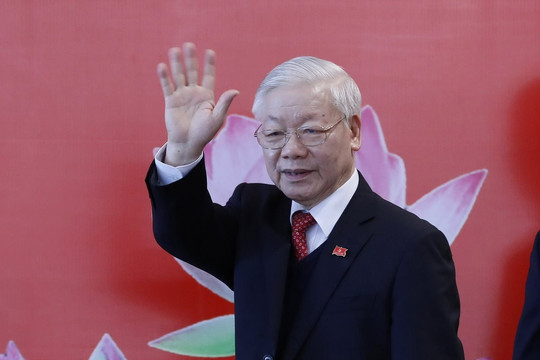
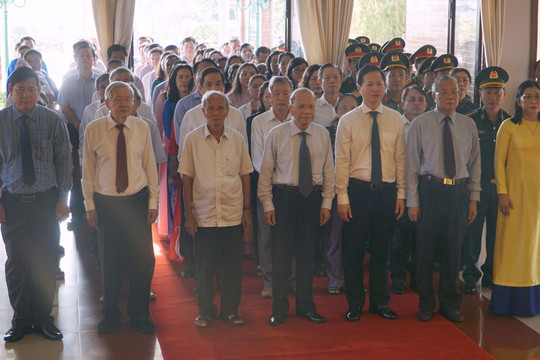
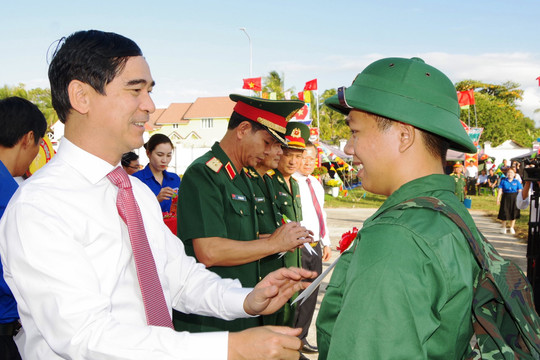

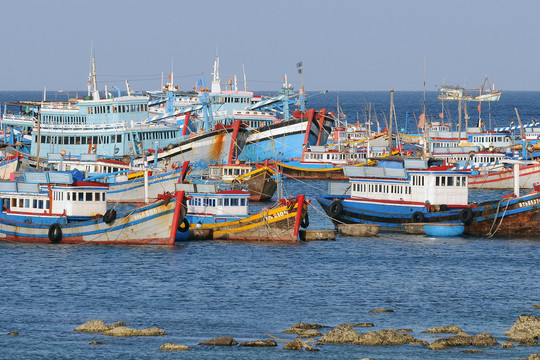
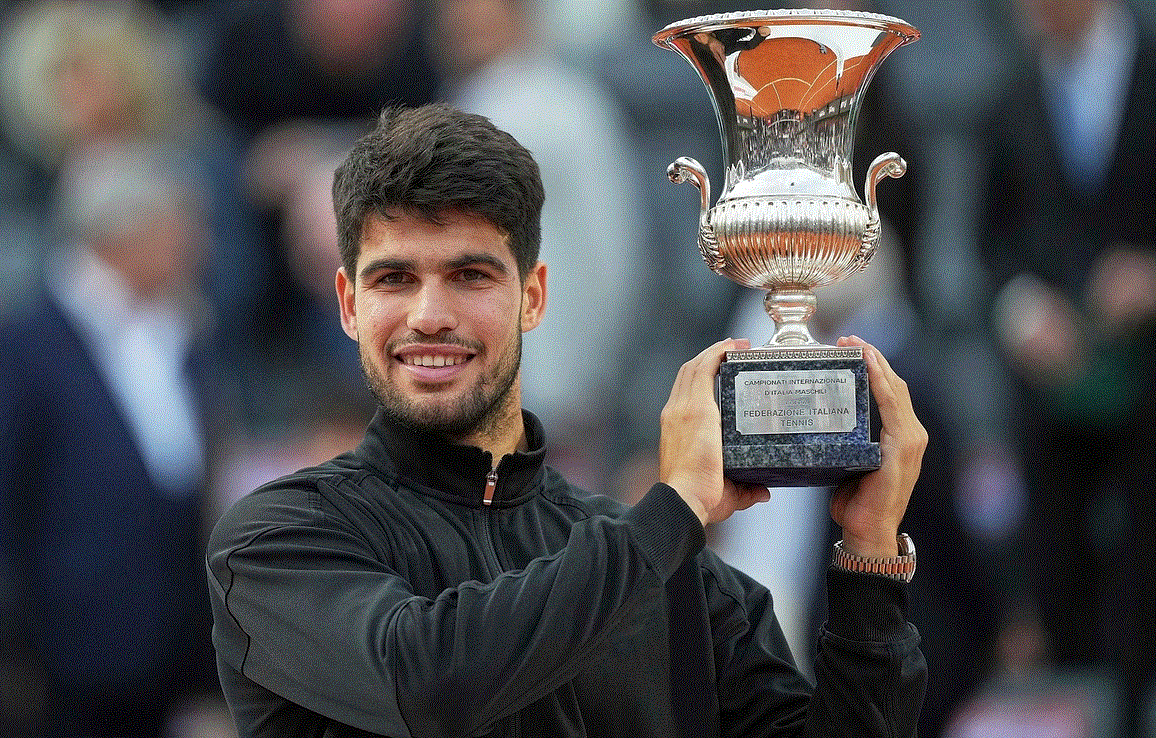
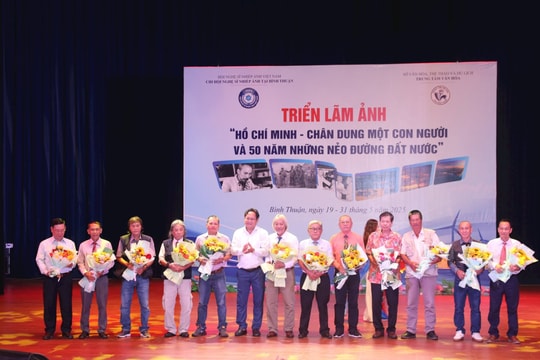
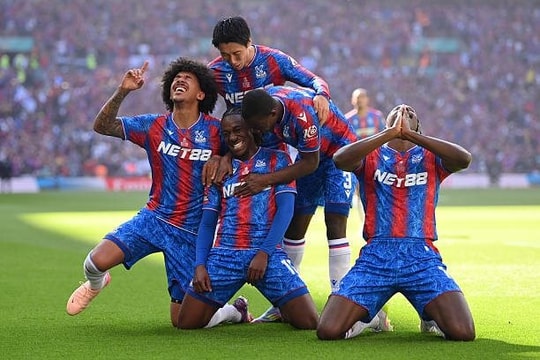
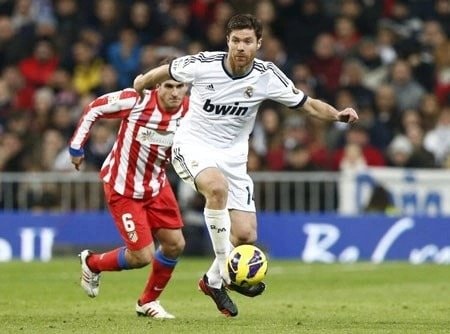
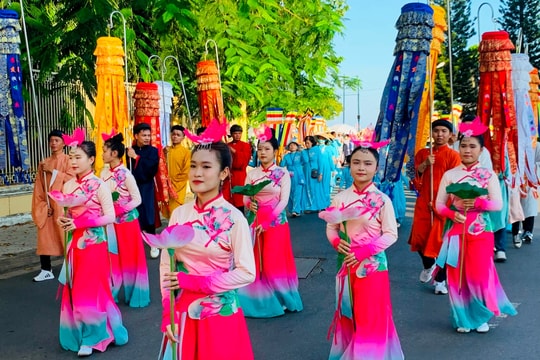



.jpg)
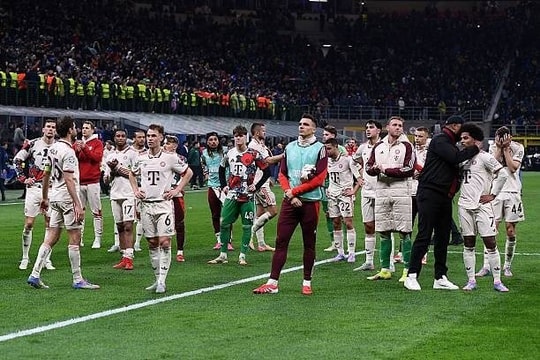

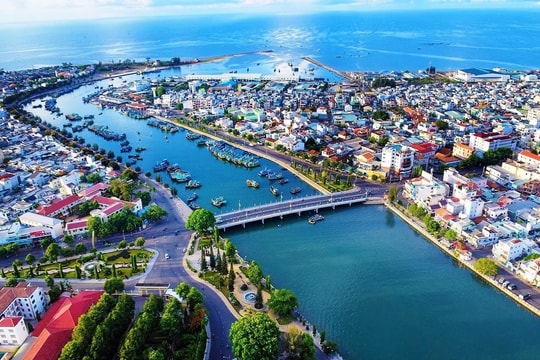

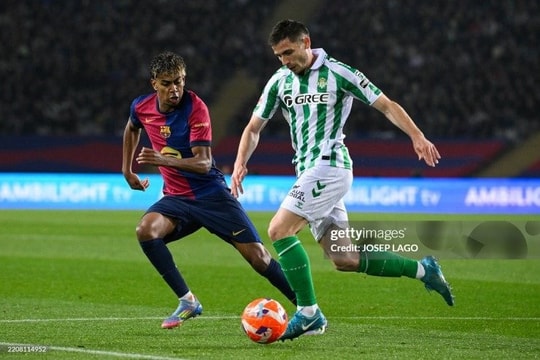
.jpeg)
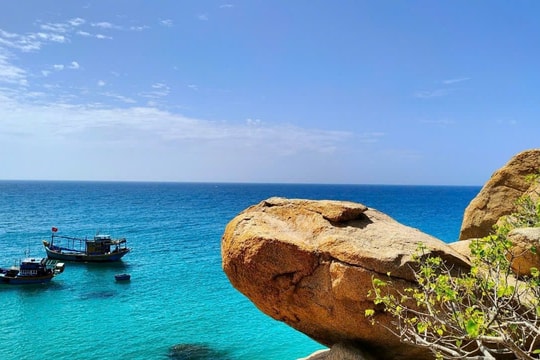
.jpeg)
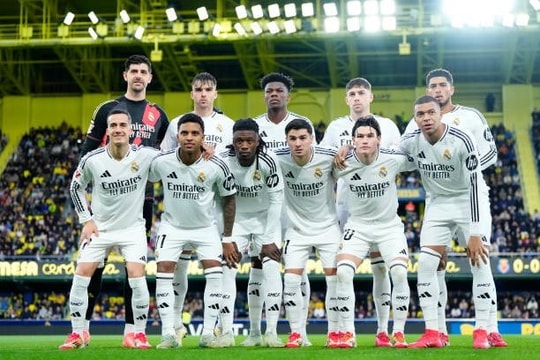
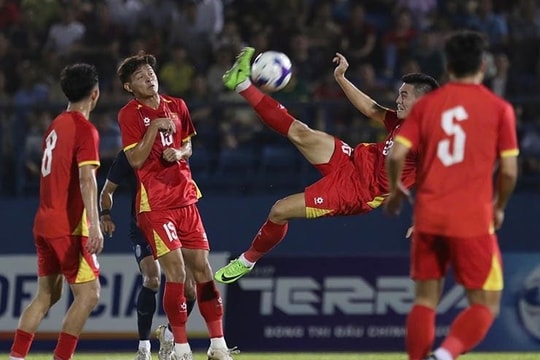
.jpeg)

